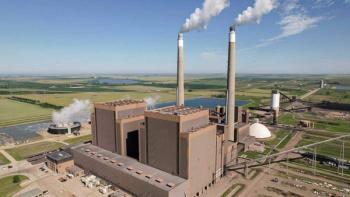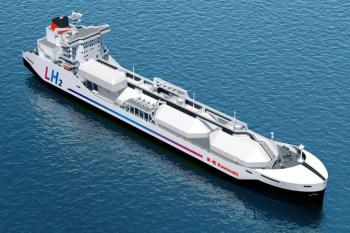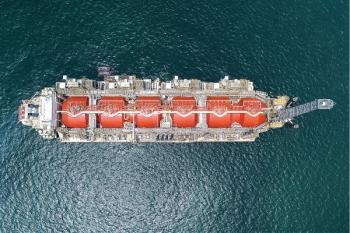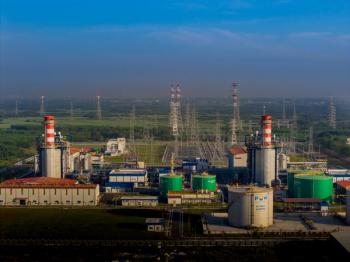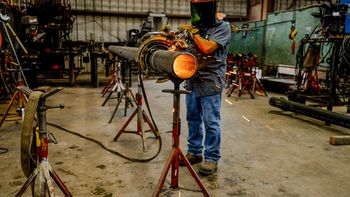
Concepts NREC software included in CSU mechanical engineering curriculum
The software provides students with 3D renders of compressors and turbines.
Concepts NREC’s Agile Engineering Design System is now a component of Colorado State University’s Mechanical Engineering course curriculum on turbomachinery design. The Department of Mechanical Engineering at Colorado State University (CSU) aims to provide practical engineering experience to complement the theoretical underpinnings of undergraduate and graduate coursework. Co-taught by CSU Mechanical Engineering Professor Dr. Wajid Ali Chishty and turbomachinery aeromechanical design expert Mr. Eric Krivitzky of the independent Thermofluid Research Lab, the course focuses on bridging the gap between foundational knowledge of the classroom and application of that knowledge to engineering problems.
“Students can get lost in the parameter-rich space of turbomachinery design, particularly if they are brand new to the terminology and topic. Using advanced tools, such as those of the Agile suite, in a classroom setting can help streamline the learning process, as students are able to quickly zero in on how design decisions are linked to the underlying physics, enabling a richer understanding of the design process and challenges encountered within turbomachinery”, Mr. Krivitzky said.
“An essential objective of the turbomachinery course, an integral part of the ME curriculum at CSU, is to expose students to hands-on design experience”, Dr. Chishty said. “The tools provided by Concepts NREC allowed the students to apply the theoretical knowledge gained during the course to the practical design and performance analysis of turbomachinery components. Despite the pandemic forcing a remote format, students were able to rapidly come up to speed on the software and make meaningful forays into the design process and tradeoff analysis.”
“I found that this experience was very helpful as it turned everything we have been doing into a 3D visualization of the actual compressor or turbine. It's nice to be able to see what all of our calculations have been about or actually do in 3D.” said a student taking the course.
Newsletter
Power your knowledge with the latest in turbine technology, engineering advances, and energy solutions—subscribe to Turbomachinery International today.

